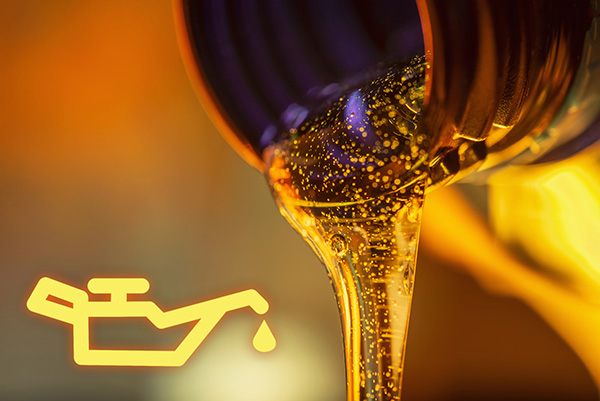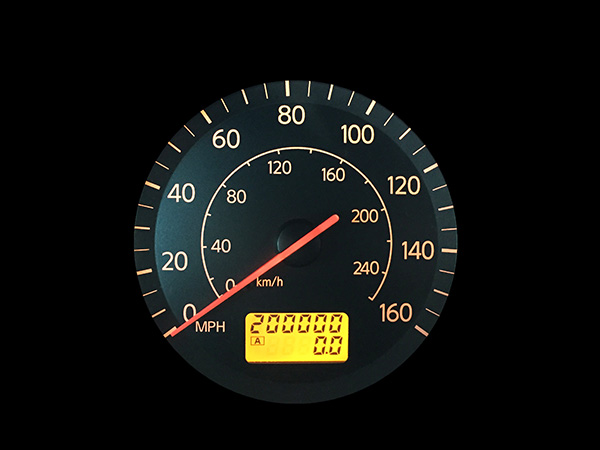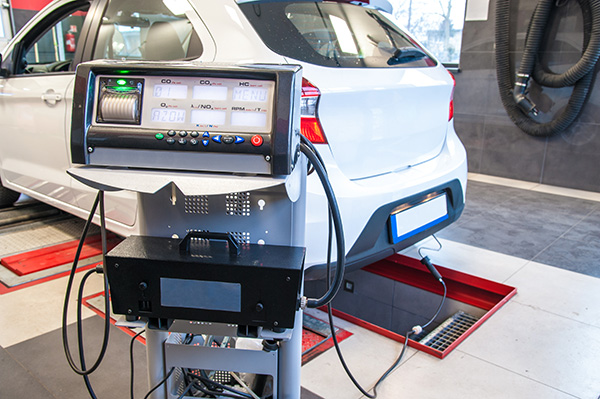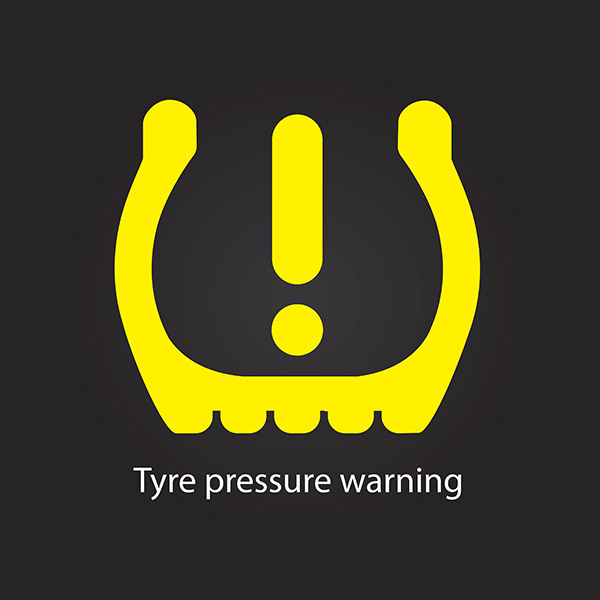Posted on 3/28/2025

If your car is burning through oil faster than usual, it’s not something to ignore. While a little oil loss between changes is normal, constantly needing to top off could signal an underlying issue. From small leaks to internal engine problems, excessive oil consumption can lead to performance issues and expensive repairs if left unchecked. What’s causing your car to use more oil than it should? Normal vs. Excessive Oil Consumption Engines naturally burn some oil during operation, but how much is too much? Most modern cars consume a small amount of oil between oil changes, typically less than a quart every 3,000 to 5,000 miles. However, if you find yourself adding oil frequently—especially well before your next scheduled oil change—it may be a sign of a problem. Factors that can influence normal oil consumption include: Engine age – Older engines tend to burn more oil due to internal wear. Driving habits – Aggressive driving, to ... read more
Posted on 2/28/2025

Driving in heavy traffic can be one of the most frustrating experiences, especially in a city like Newark, NJ, where congestion is a daily reality. Whether it’s rush hour on I-78 or slow-moving traffic on local roads, stop-and-go driving can raise stress levels and make even short trips feel exhausting. While traffic is unavoidable, how you handle it can make a huge difference in your driving experience. By making a few adjustments to your routine and mindset, you can stay calmer, avoid unnecessary frustration, and make your daily commute much more manageable. Plan Ahead to Minimize Traffic Hassles One of the easiest ways to reduce stress behind the wheel is to plan your trips in advance. Knowing when and where traffic is worst can help you adjust your route or departure time to avoid the worst congestion. Using a real-time traffic app can be a game-changer. Apps like Google Maps or Waze provide live traffic updates, accident reports, and alternative routes t ... read more
Posted on 1/31/2025

Your speedometer isn’t just a dashboard feature; it’s an essential tool for safe driving. It keeps you informed about your speed, helping you comply with traffic laws and stay in control on the road. But what happens when this instrument stops working or starts giving inaccurate readings? While it might not seem like a big deal at first, a faulty speedometer can lead to dangerous situations and, in some cases, even accidents. We'll explain how this seemingly small issue can have serious consequences. How Does a Speedometer Work Before understanding the risks, it’s helpful to know how a speedometer operates. In most vehicles, a speed sensor monitors the rotation of the transmission or wheel and sends this data to the car’s computer. This information is then displayed as your speed on the dashboard. When the speed sensor or related components malfunction, the speedometer can stop working entirely or display incorrect readings. Faulty wiring ... read more
Posted on 12/20/2024

Getting your car ready for an emissions test is something most drivers don’t give much thought to—until their vehicle fails. It can be frustrating and stressful, especially if you're unsure what went wrong or how to fix it. But don’t worry! There’s a straightforward path to getting your car back in compliance and back on the road. Emissions Testing Emissions tests measure the amount of harmful pollutants your vehicle releases into the air. States and cities require these tests to ensure cars meet environmental standards, reduce air pollution, and protect public health. When your car fails an emissions test, it’s a sign that something isn’t functioning as it should—whether it’s a worn-out part, a temporary issue, or even a problem with the way your car burns fuel. Knowing what to do next can save you time, money, and a lot of headaches. Step 1: Don’t Panic—Check Your Test Results First ... read more
Posted on 11/29/2024

Winter rolls in, and before you know it, that pesky low tire pressure warning pops up on your dashboard. It’s one of those signals drivers commonly see as temperatures start to drop, leaving you wondering: did I run over a nail, or is something else at play here? The truth is, cold weather directly impacts your tire pressure—and it doesn’t necessarily mean there’s a puncture. We'll explain why those warning lights are so common in colder months and how to keep your tires safe and properly inflated all winter. Temperature and Tire Pressure First, let’s talk about the science behind tire pressure. Air, like all gasses, expands when heated and contracts when cooled. This means that as temperatures drop, the air in your tires takes up less space, leading to a decrease in pressure. Generally, for every 10 degrees Fahrenheit that the temperature drops, tire pressure falls by about 1-2 psi (pounds per square inch). If your tires were at the ... read more